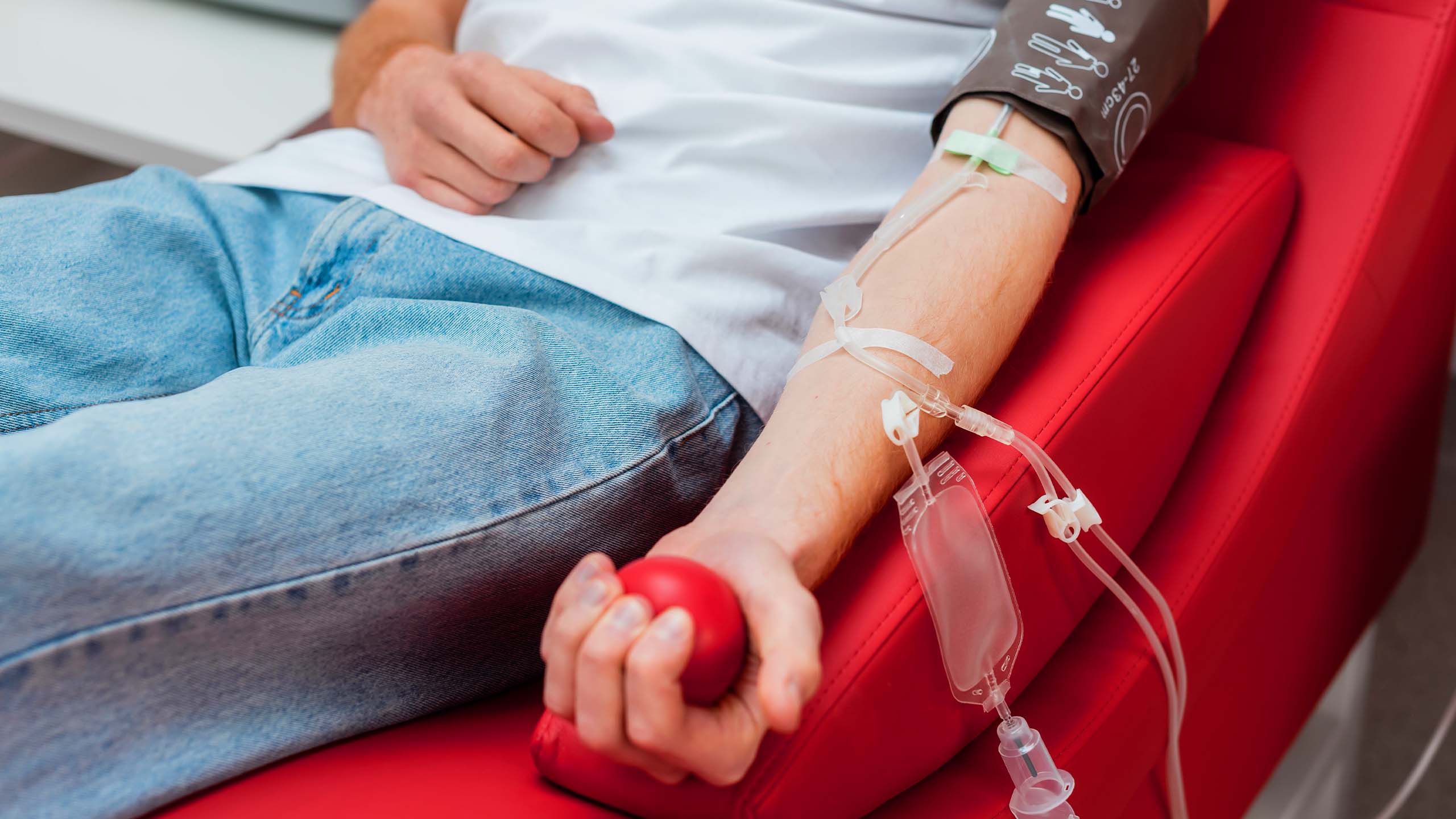The Night That Changed Everything
John had always been a workaholic. Between long hours at the office and late-night binge-watching sessions, sleep was never a priority. “I can function on five hours just fine,” he often told himself. But over time, the fatigue became unbearable. One day, during a routine check-up, his doctor delivered unexpected news—his blood pressure was dangerously high. Could his lack of sleep be the reason?
What Happens When You Don’t Get Enough Sleep?
Sleep experts recommend 7 to 9 hours of sleep per night for optimal health. Consistently getting less than six hours has been linked to serious health risks, including high blood pressure (hypertension), obesity, and diabetes. But why does sleep deprivation put such a strain on your heart?
- Your Body Stays in Stress Mode: When you don’t sleep enough, your stress hormones remain elevated, keeping your heart rate and blood pressure higher than normal.
- Hormonal Imbalance: Sleep helps regulate key hormones like cortisol and insulin. When disrupted, these imbalances can contribute to high blood pressure.
- Increased Inflammation: Poor sleep triggers inflammation, which can lead to stiffened blood vessels, making it harder for blood to flow properly.
How Much Sleep Affects Your Blood Pressure?
Research shows a direct link between sleep duration and blood pressure levels:
- Sleeping less than six hours a night can cause steeper increases in blood pressure over time.
- Those who already have hypertension may experience worsening symptoms if they consistently lack rest.
- Even short-term sleep deprivation can cause noticeable blood pressure spikes.
The Surprising Link Between Sleep Apnea and High Blood Pressure
One of the most overlooked causes of sleep deprivation is obstructive sleep apnea (OSA). This condition causes repeated interruptions in breathing throughout the night, leading to poor-quality sleep. If you experience loud snoring, gasping for air during sleep, or excessive daytime fatigue, OSA might be the culprit.
🔹 Did You Know? Studies show that up to 50% of people with sleep apnea also have high blood pressure. Treating sleep apnea can significantly improve blood pressure control.
How to Improve Sleep and Lower Blood Pressure
If you struggle with sleep and worry about its impact on your health, here are actionable steps to improve both:
✅ Stick to a Consistent Sleep Schedule – Go to bed and wake up at the same time every day, even on weekends. ✅ Create a Relaxing Bedtime Routine – Reduce screen time, read a book, or practice deep breathing exercises before bed. ✅ Limit Caffeine and Alcohol – Avoid caffeine at least 6-8 hours before bedtime and minimize alcohol consumption. ✅ Make Your Bedroom Sleep-Friendly – Keep your room dark, quiet, and cool. Invest in blackout curtains or a white noise machine if needed. ✅ Exercise Regularly – Moderate exercise during the day can promote deeper, more restful sleep. ✅ Manage Stress – Practices like meditation, journaling, or yoga can help lower stress and promote relaxation.
When to See a Doctor
If you’re struggling with persistent fatigue, waking up unrefreshed, or noticing symptoms of high blood pressure, don’t ignore the warning signs. Schedule a visit with your healthcare provider to discuss possible underlying conditions like sleep apnea or stress-related hypertension.
The Bottom Line: Prioritize Sleep for a Healthy Heart
John’s wake-up call was a blessing in disguise. By making sleep a priority, he not only felt more energized but also saw a noticeable drop in his blood pressure. Sleep isn’t just about feeling rested—it’s a crucial factor in heart health. Start prioritizing quality sleep today, and your heart will thank you!
🚀 Take Action Now: If you’re struggling with sleep-related health issues, check out our expert-recommended sleep solutions.
Recommended Product for Sleep Well-Being
Enhance your sleep with this [Product], designed to promote relaxation and comfort. Take the first step towards better sleep tonight.


